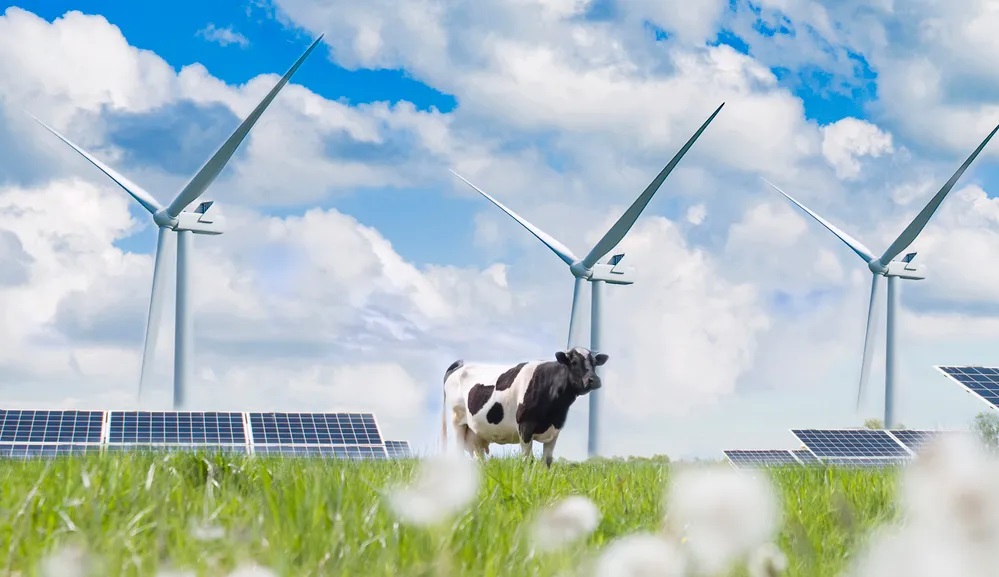e biofuel field is where green energy meets innovation! It’s all about creating fuel from renewable, organic materials like plants, algae, and even waste. Biofuels are a cleaner, more sustainable alternative to fossil fuels, helping cut down on pollution and greenhouse gas emissions.

1. Types of Biofuels:
- Ethanol: Made from crops like corn, sugarcane, and even cellulosic materials (like wood chips or crop residues). Ethanol is usually blended with gasoline to make fuels like E10 or E85.
- Biodiesel: Produced from vegetable oils, animal fats, or used cooking oil. It’s a direct replacement for diesel fuel and works in any diesel engine.
- Biogas: Created by breaking down organic matter (like food waste or manure) in the absence of oxygen. It’s used for heating, electricity, or even powering vehicles.
2. Raw Materials:
- Crops: Corn, sugarcane, soybeans, and other plants are traditional biofuel feedstocks.
- Waste: Things like used cooking oil, animal fat, or food scraps are perfect for creating biofuels, and it’s an awesome way to recycle waste.
- Algae: This is a growing area of biofuel research because algae grows fast, doesn’t need much land, and can produce a lot of oil for biodiesel.
3. Energy and Sustainability:
- The biofuel industry is a huge part of the green energy movement because it reduces the need for fossil fuels and cuts down on emissions.
- Plus, a lot of biofuel production processes are becoming more energy-efficient, with plants recycling heat and water to keep things sustainable.
4. Environmental Impact:
- Using biofuels reduces the carbon footprint of transportation and industries. While growing crops for biofuels does require land and water, new methods (like using algae or crop waste) are making the process more eco-friendly.
- Biodiesel and ethanol burn cleaner than their petroleum-based counterparts, emitting fewer pollutants like carbon monoxide and sulfur.
5. Applications:
- Transportation: Biofuels are most commonly used in cars, trucks, and airplanes. Ethanol gets mixed with gasoline, and biodiesel can be used in diesel engines without any modifications.
- Energy Generation: Biogas and biomass can power electricity plants, reducing reliance on coal or natural gas.
- Industrial: Some industries are using biofuels for heating or as raw materials in making other products.
Overall, the biofuel industry is making a big impact on the future of green energy by providing renewable, cleaner alternatives to traditional fuels. Whether it’s ethanol, biodiesel, or biogas, the goal is the same: to reduce pollution and create a more sustainable energy future.
